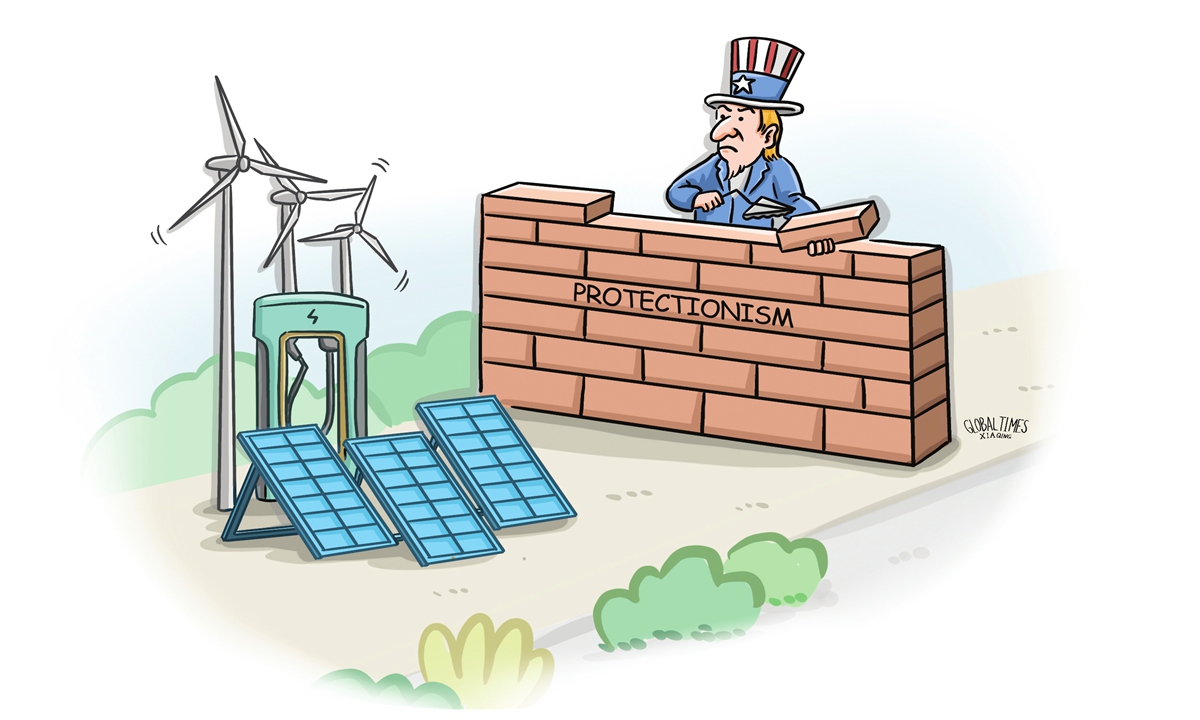时间: 2024-09-26 00:20:17 来源: i1k1t4.cvwj.cn 作者: 休闲

Illustration: Xia Qing/GT
《GT Voice: Failures in US solar sector call for reflection on protectionism》男孩、女孩宝宝名字推荐
、、、、、、、、、、、、、、、、、、、、、、、、、、、、、、、、、、、、、、、、、、、、、、、、、、、、、、、、、、、、、、、、、、、、、、、、、、、、、、、、、、、、、、、、、、、、、、、、、、、、、
、、、、、、、、、、、、、、、、、、、、、、、、、、、、、、、、、、、、、、、、、、、、、、、、、、、、、、、、、、、、、、、、、、、、、、、、、、、、、、、、、、、、、、、、、、、、、、、、、、、、、
、、、、、、、、、、、、、、、、、、、、、、、、、、、、、、、、、、、、、、、、、、、、、、、、、、、、、、、、、、、、、、、、、、、、、、、、、、、、、、、、、、、、、、、、、、、、、、、、、、、、、
、、、、、、、、、、、、、、、、、、、、、、、、、、、、、、、、、、、、、、、、、、、、、、、、、、、、、、、、、、、、、、、、、、、、、、、、、、、、、、、、、、、、、、、、、、、、、、、、、、、、、
、、、、、、、、、、、、、、、、、、、、、、、、、、、、、、、、、、、、、、、、、、、、、、、、、、、、、、、、、、、、、、、、、、、、、、、、、、、、、、、、、、、、、、、、、、、、、、、、、、、、、
、、、、、、、、、、、、、、、、、、、、、、、、、、、、、、、、、、、、、、、、、、、、、、、、、、、、、、、、、、、、、、、、、、、、、、、、、、、、、、、、、、、、、、、、、、、、、、、、、、、、、
、、、、、、、、、、、、、、、、、、、、、、、、、、、、、、、、、、、、、、、、、、、、、、、、、、、、、、、、、、、、、、、、、、、、、、、、、、、、、、、、、、、、、、、、、、、、、、、、、、、、、
、、、、、、、、、、、、、、、、、、、、、、、、、、、、、、、、、、、、、、、、、、、、、、、、、、、、、、、、、、、、、、、、、、、、、、、、、、、、、、、、、、、、、、、、、、、、、、、、、、、、、
、、、、、、、、、、、、、、、、、、、、、、、、、、、、、、、、、、、、、、、、、、、、、、、、、、、、、、、、、、、、、、、、、、、、、、、、、、、、、、、、、、、、、、、、、、、、、、、、、、、、、
、、、、、、、、、、、、、、、、、、、、、、、、、、、、、、、、、、、、、、、、、、、、、、、、、、、、、、、、、、、、、、、、、、、、、、、、、、、、、、、、、、、、、、、、、、、、、、、、、、、、、
、、、、、、、、、、、、、、、、、、、、、、、、、、、、、、、、、、、、、、、、、、、、、、、、、、、、、、、、、、、、、、、、、、、、、、、、、、、、、、、、、、、、、、、、、、、、、、、、、、、、、
、、、、、、、、、、、、、、、、、、、、、、、、、、、、、、、、、、、、、、、、、、、、、、、、、、、、、、、、、、、、、、、、、、、、、、、、、、、、、、、、、、、、、、、、、、、、、、、、、、、、、
、、、、、、、、、、、、、、、、、、、、、、、、、、、、、、、、、、、、、、、、、、、、、、、、、、、、、、、、、、、、、、、、、、、、、、、、、、、、、、、、、、、、、、、、、、、、、、、、、、、、、
·有气质比漂亮更有魅力
有气质比漂亮更有魅力-01-曾经去一家公司参观考察,前台的招待人员是一个年轻漂亮的小姑娘,明眸皓齿、唇色红艳,站在那里笑盈盈地迎着我们一行人,姣好的面容吸引了所有人的目光...-01-曾经去一家公司参观考察,前台的招待人 ...
·英雄大乱斗 《战国群雄》龙虎竞技PK到爽
英雄大乱斗 《战国群雄》龙虎竞技PK到爽群雄齐聚战国,竞技场热血争霸。2012群战pk之王——《战国群雄》暑期PK月火爆来袭,英雄辈出的竞技场大战风起云涌。跨国跨服的群雄乱斗,精彩纷呈;公平的积分赛制,超爽奖励;绚丽 ...
·简约尊贵《新惊天动地》后现代风格官网全新上线
简约尊贵《新惊天动地》后现代风格官网全新上线7月19日《新惊天动地》豪情内测震撼开启!全新的游戏内容全面开放,全新的活动全面启动,全新的礼包开始发放。在对游戏内容更新的同时,官方也积极的对《新惊天动地》官网进行了全新的改版和更新,并正式和玩家们 ...
·抢《征程》数码大礼 21日超级内测给力活动
抢《征程》数码大礼 21日超级内测给力活动青春梦网旗下3D奇幻PK网游《征程:血之心》,将于7月21日14:00开启超级内测,北欧的玄幻世界即将在玩家面前打开,超级内测将精彩游戏体验继续奉献给玩家,还有更多给力的活动,多重数码好礼等着玩家来享 ...
·我要好好工作,不然除了美貌一无所有
我要好好工作,不然除了美貌一无所有01女友最近很伤心。加班辛苦,深夜归家,还不经意听到婆婆和老公抱怨。原来在他们眼里,一个女人,朝九晚五,下班若还顺便捎回两把菜,才是人间正道 。“过...01女友最近很伤心。加班辛苦,深夜归家,还不经 ...
·7月17日封测!《超神传》五大门派职业秀 谁是你最爱
7月17日封测!《超神传》五大门派职业秀 谁是你最爱2012最值得期待的超炫酷微消费网游《超神传》即将于7月17日开启炫酷封测。开测在即,玩家朋友们最关注、最热衷于讨论的莫过于门派职业了。蜀山派、魔王寨、金甲门、玄武宫及妖气山五大门派各有何特色,哪个门 ...
·画龙点睛 《天龙八部OL》暑期版猎命江湖先遣队登场
画龙点睛 《天龙八部OL》暑期版猎命江湖先遣队登场《天龙八部OL》暑期版“猎命江湖”将于7月12日正式登场,迷雾重重的真元系统已经遥遥在望,而另一支属于“猎命江湖”的先遣队早已潜入武林,为大侠们送上来自 ...
·唐僧还是龙女?《斗战神》第六职业资料外泄引发争议
唐僧还是龙女?《斗战神》第六职业资料外泄引发争议2012年3月21日,UP2012腾讯游戏年度发布会上,官方宣布其自研旗舰网游《斗战神》将于秋季开启内测,这一消息的公布给期待已久的玩家们吃了一粒定心丸,无论是之前举行的核心体验测试还是觉醒测试来说, ...
·你糊弄过去的,总有一天会露出马脚
你糊弄过去的,总有一天会露出马脚-1-谈付出的时候,我们都很吝啬:总觉得自己已经付出的太多了;而谈得到的时候,我们总是太贪心,觉得上天最对不起的就是自己。这种不要脸的双重标准多过...-1-谈付出的时候,我们都很吝啬:总觉得自己已经 ...
·蜗牛推出新游《星座王子》 “男色”或将引CJ新潮流
蜗牛推出新游《星座王子》 “男色”或将引CJ新潮流2012年ChinaJoy即将在上海举行,各大游戏厂商的ChinaJoy以下简称CJ)节目安排也相继曝光。据相关人士透露,国内知名厂商游戏蜗牛再次拿下CJ B2C最大展位,并精心挑选众多StarBoy ...
友情链接